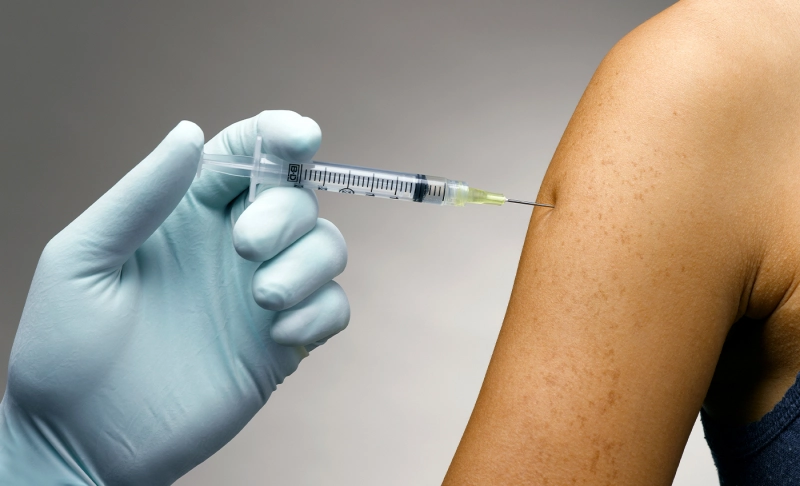By: Ishita Goel
August 18 2021
Misleading: 397 children were diagnosed with heart inflammation after receiving Pfizer’s COVID-19 vaccine in U.S.

The Verdict Misleading
The VAERS data has limitations, such as reporting biases and lack of statistical monitoring. More research is needed to corroborate the findings.
The VAERS data has limitations, such as reporting biases and lack of statistical monitoring. More research is needed to corroborate the findings.The Centers for Disease Control and Prevention(CDC), on August 6, 2021, issued the Morbidity and Mortality Weekly Report (MMWR) providing information on the "COVID-19 Vaccine Safety in Adolescents Aged 12–17 Years — United States." The reporting period was December 14, 2020, to July 16, 2021. During the period December 14, 2020–July 16, 2021, Vaccine Adverse Event Reporting System(VAERS) gathered and analyzed 9,246 reports of adverse events for adolescents aged 12–17 years who received the Pfizer-BioNTech vaccination. Under which 5,376 (58.1 percent) were in adolescents aged 12–15 years and 3,870 (41.9 percent) in persons aged 16–17 years. Symptoms and diagnostic findings consistent with an analysis of Myocarditis were the most typically reported among reports of significant occurrences. 4.3 percent (397) of all VAERS reports were listed under Myocarditis, an inflammation of the heart muscle (myocardium). The report also said fourteen children died after getting the Pfizer vaccine. In six of the cases, the cause of death was unknown. Two died of brain hemorrhage, two died of pulmonary embolism, two died by suicide, one died of heart failure. One died of a disseminated Mycobacterium chelonae infection among the remaining eight children. Heart inflammation was not a factor in any of the reported deaths. The report lists limitations first that the VAERS data are "subject to underreporting and reporting biases." Second, medical evaluation of reported vaccination-related mortality is dependent on the timely availability of medical records, death certificates, and autopsy reports, which may all be unavailable or inaccessible. Third, "lack of a statistical safety signal in planned monitoring does not preclude a safety concern." Fourth, the purpose of this study was not to find all cases of Myocarditis; only reports that included the MedDRA term Myocarditis were included. Moreover, the initiative was a self-enrollment program that needs a parent or guardian to enroll children under 15 and relies on vaccine administrators to promote the program. The World Health Organization(WHO) informed that "Myocarditis and pericarditis can be caused by many factors, including infections, viruses, medicines, and environmental factors. The currently available data suggest that there is also a potential relationship between these symptoms and mRNA vaccines. Research is underway to understand more." Further, WHO said the symptoms of Myocarditis and pericarditis are generally mild. Treatment with medication and rest promptly can assist in preventing long-term cardiac damage and death. The CDC data indeed reflected that cases of Myocarditis under VAERS data which is rare. However, the report pointed out that the data cannot be generalized for the overall vaccinated adolescent population. There are biases in the information. The data comes after hundreds of millions of vaccine doses have been administered and reported. Even WHO suggested that the vaccines' benefits far outweigh the danger of Myocarditis and Pericarditis by avoiding COVID-19-related fatalities and hospitalizations. As a result, we can classify the assertion as misleading. The COVID-19 pandemic has given rise to a lot of potentially dangerous misinformation. For reliable advice on COVID-19, including symptoms, prevention, and available treatment, please refer to the World Health Organization or your national healthcare authority.


